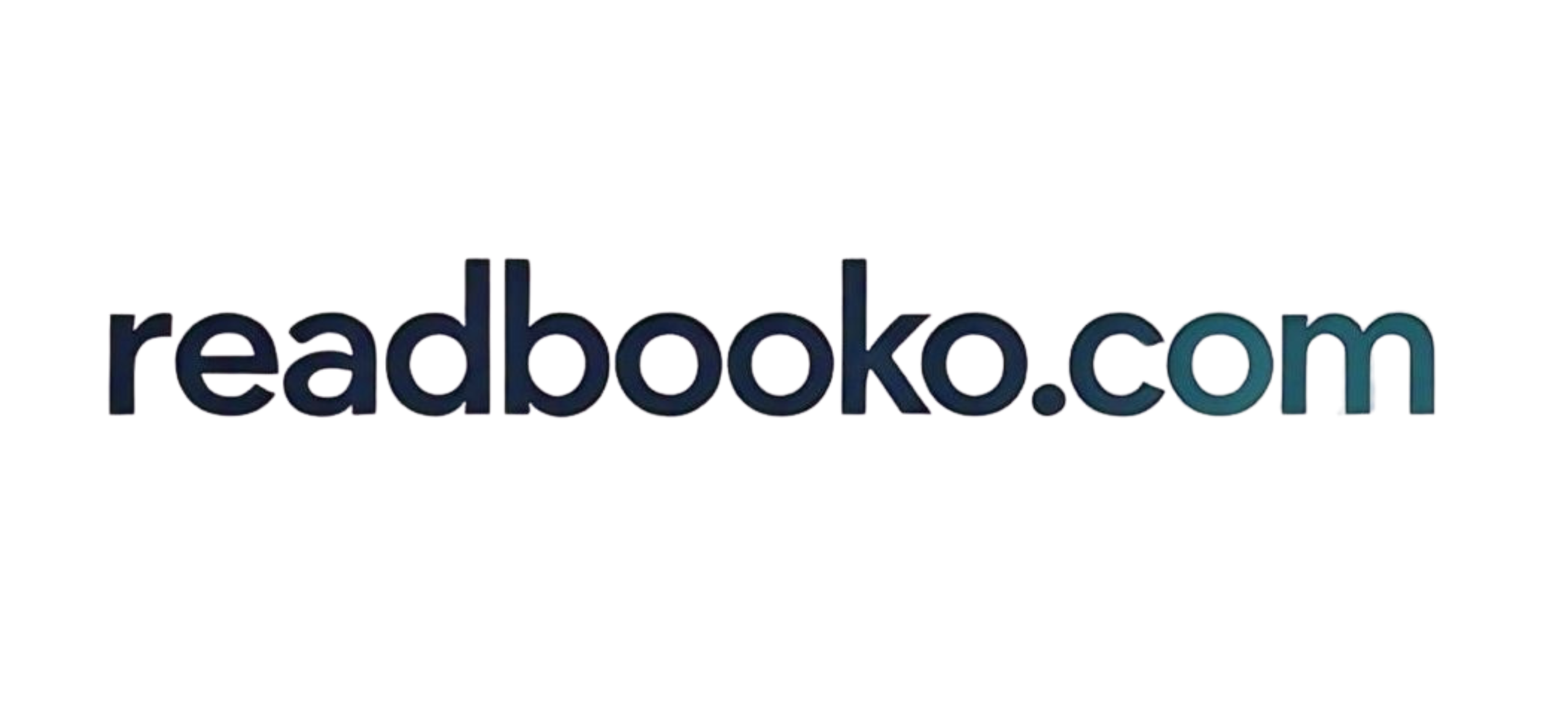Education is undergoing one of the biggest transformations in history. With the rise of artificial intelligence (AI), digital learning tools, and smart classrooms, the question arises: will AI tutors one day replace traditional classrooms? In this education blog, we will explore how AI is reshaping the way we learn, its benefits, limitations, and whether human teachers will remain irreplaceable in the future.
What Are AI Tutors?
AI tutors are computer-based systems designed to provide personalized learning experiences. Unlike generic e-learning apps, AI tutors analyze student performance, detect weaknesses, and adjust lessons in real-time. Platforms like ChatGPT, ScribeSense, and Carnegie Learning already demonstrate how adaptive AI can simplify subjects such as math, science, and languages.
Benefits of AI Tutors in Education
AI tutoring systems are not just futuristic concepts—they are already making classrooms smarter. This education blog highlights the core advantages:
-
Personalized Learning: AI identifies each student’s strengths and weaknesses, delivering customized lessons.
-
24/7 Availability: Unlike human teachers, AI tutors can provide round-the-clock assistance.
-
Instant Feedback: Students don’t have to wait for assignments to be graded; AI can instantly analyze and respond.
-
Data-Driven Insights: Teachers gain access to learning analytics that help them understand classroom performance.
-
Language Support: AI tools break barriers by offering multilingual learning for global students.
Can AI Tutors Replace Human Teachers?
While AI brings innovation, it cannot fully replace the emotional and social aspects of human teaching. Human teachers mentor, motivate, and connect with students on an emotional level. This is something AI cannot replicate. As this education blog points out, AI works best when used as a supportive tool, not as a replacement.
Instead of competing, the future will likely see a hybrid model, where AI handles repetitive tasks like grading, quiz creation, and personalized drills, while teachers focus on creativity, mentorship, and emotional support.
Challenges of Relying on AI Tutors
Even though AI is powerful, this education blog also highlights some major challenges:
-
Lack of Human Connection: Emotional support and moral guidance are missing.
-
High Costs: Developing advanced AI systems can be expensive for schools.
-
Data Privacy: Storing sensitive student data raises ethical and security concerns.
-
Over-Dependence: Students may become too reliant on AI and struggle with independent thinking.
The Future of Education with AI
Rather than asking, “Will AI replace teachers?” the real question is “How can AI help teachers?” The future of education lies in collaboration between AI and educators. AI tutors can simplify lessons, automate admin tasks, and personalize study paths, while teachers nurture creativity, social skills, and emotional intelligence.
This education blog envisions a future where AI transforms classrooms into more efficient, engaging, and inclusive learning spaces—without removing the human element that makes education truly meaningful.
Conclusion
AI tutors are revolutionizing the way students learn and teachers teach. While they won’t fully replace traditional classrooms, they will play a significant role in shaping the future of education. Schools that adopt a balanced approach—combining AI tools with human teaching—will create smarter, more adaptive learning environments.
As explored in this education blog, the classroom of tomorrow will not be about AI vs. teachers but rather AI with teachers—a partnership that empowers students for success in the digital age.







